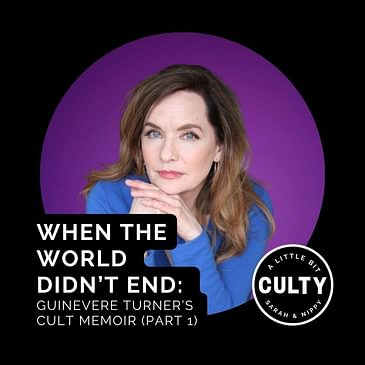Today’s episode is sponsored by BetterHelp.
Guinevere Turner recently published a memoir about being raised in a cult, being kicked out, and finding her way in the world. Her book When the World Didn’t End dives deep into her experience drawn from fastidiously kept diaries. Here on A Little Bit Culty Turner shares some off-the-cuff stories. We chat about writing craft. And Turner brings up questions about our collective obsession with the cultiverse.
Please note, this series includes details of underage sexual abuse. Listener discretion is strongly advised. If you, or someone who know, is a survivor of sexual assault, abuse, grooming, child abuse, or human trafficking, RAINN’s National Sexual Assault Hotline offers support at 800.656.HOPE (4673).
Note:
Guinevere Turner is an acclaimed writer, director, and actor who’s worked in film and TV since her 1994 debut film Go Fish, which she wrote, produced, and starred in. She teamed up with director Mary Harron to write the films American Psycho; The Notorious Bettie Page; and the 2019 film Charlie Says. She was a writer, story editor, and played Gabby Deveaux on Showtime’s The L Word. She’s written and directed seven short films, two of which premiered at the Sundance Film Festival. She can be seen in film roles including The Watermelon Woman, Chasing Amy, and American Psycho. Guinevere has taught screenwriting at Sarah Lawrence College, Columbia University, University of Georgia, UCLA and NYU.
She can be found on Instagram. In these episodes, we reference the story she wrote for The New Yorker.
Also…
Let it be known far and wide, loud and clear that…
The views and opinions expressed on A Little Bit Culty do not necessarily reflect the official policy or position of the podcast. Any content provided by our guests, bloggers, sponsors or authors are of their opinion and are not intended to malign any religion, group, club, organization, business individual, anyone or anything. Nobody’s mad at you, just don’t be a culty fuckwad.
Other Links:
Check out our lovely sponsors
Join ‘A Little Bit Culty’ on Patreon
Get poppin’ fresh ALBC Swag
Support the pod and smash this link
Cult awareness and recovery resources
CREDITS:
Executive Producers: Sarah Edmondson & Anthony Ames
Co-Creator & Managing Producer: Jess Tardy
Production Partner: Citizens of Sound
Producer: Will Retherford
Writer: Holly Zadra
Theme Song: “Cultivated” by Jon Bryant co-written with Nygel Asselin

